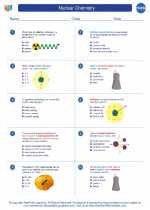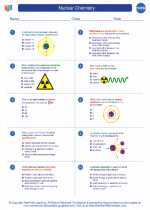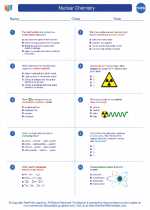Information Technology
Information technology (IT) refers to the use of computer systems, storage, networking, and other physical devices, infrastructure, and processes to create, process, store, secure, and exchange all forms of electronic data. IT plays a crucial role in various aspects of today's world, including communication, education, business, and entertainment.
Key Concepts in Information Technology
- Computer Systems: Understanding hardware components, operating systems, and software applications.
- Networking: Learning about local area networks (LANs), wide area networks (WANs), and the internet.
- Data Storage: Exploring different storage technologies such as hard drives, solid-state drives, and cloud storage.
- Security: Examining methods to protect data from unauthorized access, theft, or corruption.
- Information Processing: Understanding how data is processed, analyzed, and presented using various software tools.
Study Guide for Information Technology
To excel in the field of information technology, it is important to develop a strong foundation in the following areas:
1. Computer Systems
Study the fundamental components of a computer system, including the central processing unit (CPU), memory, storage devices, input/output devices, and the role of operating systems. Gain proficiency in using common software applications such as word processors, spreadsheets, and presentation tools.
2. Networking
Learn about the basics of networking, including the purpose of routers, switches, and modems. Understand the concepts of IP addresses, domain names, and protocols such as TCP/IP. Explore the structure and function of the internet and its impact on global communication.
3. Data Storage
Explore different types of data storage devices, their advantages, and limitations. Study the concept of data redundancy, backup strategies, and the role of cloud storage in modern IT environments.
4. Security
Understand the importance of data security and privacy. Learn about encryption methods, firewalls, and antivirus software. Explore best practices for securing networks and preventing unauthorized access to sensitive information.
5. Information Processing
Develop skills in using software tools for data processing, analysis, and visualization. Familiarize yourself with database management systems, programming languages, and data manipulation techniques.
Conclusion
Information technology is a diverse and rapidly evolving field that offers numerous opportunities for those interested in technology and innovation. By mastering the key concepts and skills outlined in this study guide, you can build a solid foundation for a successful career in information technology.
.◂Chemistry Worksheets and Study Guides High School. Nuclear Chemistry

 Worksheet/Answer key
Worksheet/Answer key
 Worksheet/Answer key
Worksheet/Answer key
